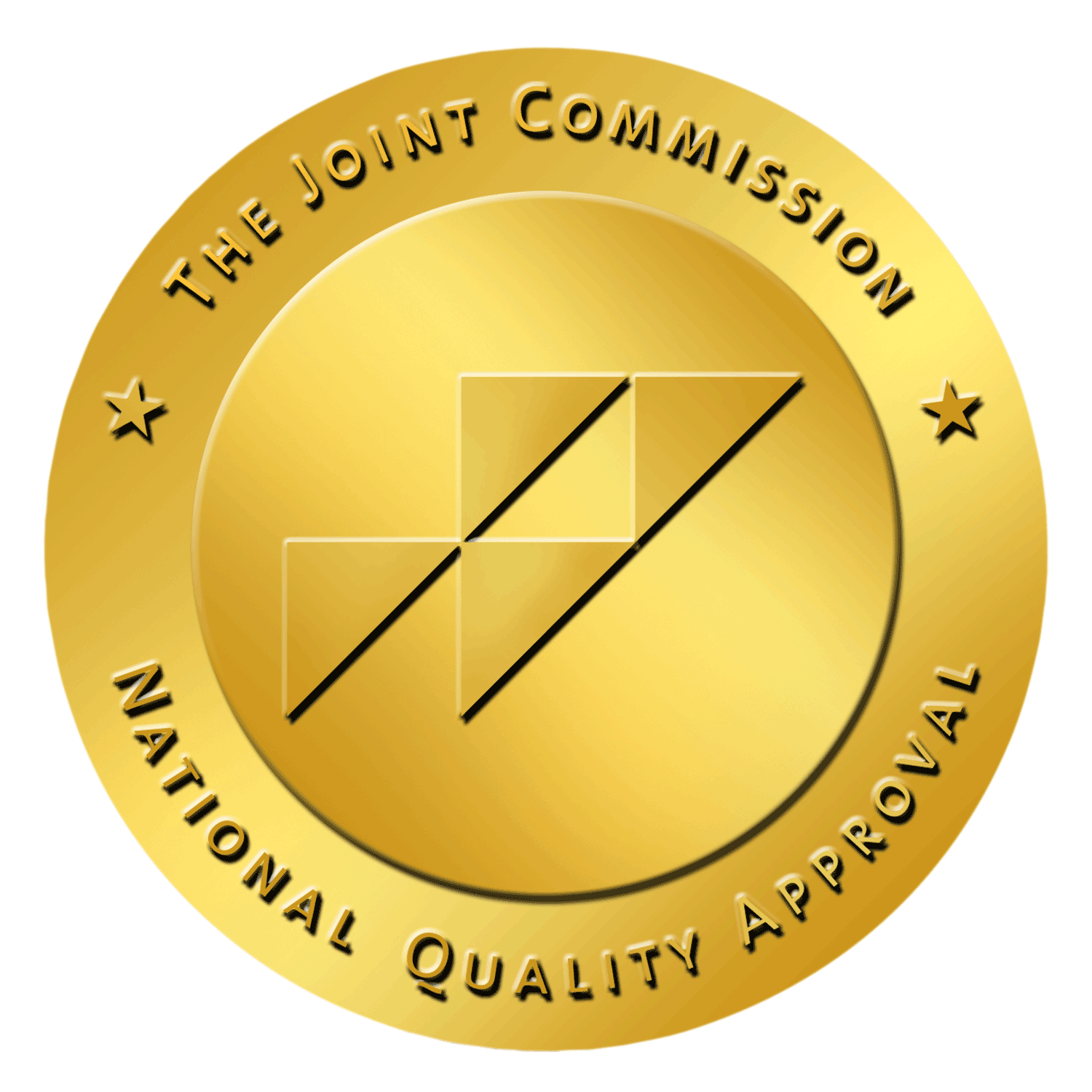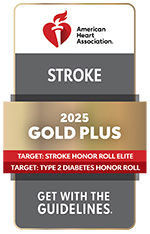Cerebral Venous Thrombosis
Venous thrombosis is a rare cause of stroke that occurs in a vein instead of an artery — a more typical type of stroke. Your arteries carry oxygen and nutrients from your heart to your brain, while your veins drain blood away from the brain. CVT can block blood flow, creating increased pressure just in front of the blockage. This causes swelling in the brain that can damage brain tissue or cause the blood vessel to rupture and bleed into the brain.
Evidence of CVT can be subtle and may go undetected on routine CT or other imaging tests. It can be difficult to diagnose because symptoms closely resemble other conditions. The specialists at El Camino Health's Neuroscience Institute have advanced skills and expertise in the detection, diagnosis and treatment of this less common, but important cause of stroke.
Prevention and Risk Factors
There are many potential causes of CVT, including infection, dehydration and certain diseases, such as cancer or thrombophilia — a blood disorder involving an increased tendency to form abnormal blood clots.
CVT can occur at any age — even in newborn babies — and usually affects younger people. CVT is three times more common in women than men. Pregnancy, including the six-month period after birth, can be a CVT risk factor. Oral contraceptives, hormone replacement therapy, chemotherapy, certain medications and substance use can also contribute to CVT risk. Head and neck injuries can increase the risk of CVT. In some cases, there is no clearly identified cause.
You can help prevent CVT and stroke by making healthful lifestyle changes to minimize your risk. Prevention can include managing stress and getting regular checkups to identify and treat potential risks. Talk to your doctor about your family history. If someone in your family has thrombophilia or has suffered a stroke, it can help your doctor determine what precautions are right for you.
Symptoms and Diagnosis
Symptoms can vary widely and may be subtle or similar to other conditions. If you notice neurologic symptoms such as those listed below — including stroke-like symptoms — seek medical help promptly.
Headache is the most common symptom of CVT. It may increase in severity over days to weeks. However, CVT can also cause an isolated headache, a severe, sudden onset headache or a migraine-like headache.
Other symptoms can include:
- Blurred vision or loss of vision.
- Seizures.
- Nausea and vomiting.
- Difficulty speaking, seeing or hearing.
- Inability to move one side of your face or one arm.
- Confusion or diminished alertness.
- Fainting, loss of consciousness or coma.
Diagnostic tests for CVT may include blood tests as well as MRI venogram (MRV) or CT venogram (CTV), which provide detailed images of the veins in your head. Doctors may also perform an eye examination called ophthalmoscopy to look for papilledema (optic nerve swelling), using a lighted instrument. Since CVT can have a wide array of symptoms, your doctor will recommend extensive evaluation and testing to rule out other possible causes of your symptoms.
At El Camino Health, our specialists use advanced diagnostic imaging to detect CVT. By identifying CVT at an early stage, your doctor can help treat the problem before it causes a stroke.
Treatment of CVT
Therapies for CVT vary depending on your symptoms, condition, underlying causes and other variables. Treatment may include lifestyle changes to improve your brain health and overall well-being. Your doctor may prescribe medication to help prevent blood clots or treat other conditions, such as infections, high blood pressure or seizures.
In some cases, your doctor may recommend more advanced treatments, such as intravenous medication to break up any clots that have been identified or neurointerventional procedures to remove clots and restore blood flow. Severe symptoms require immediate medical attention.
If you have stroke-related injury, El Camino Health offers physical, occupational and speech therapy as well as other outpatient or inpatient rehabilitation services.

